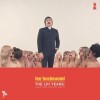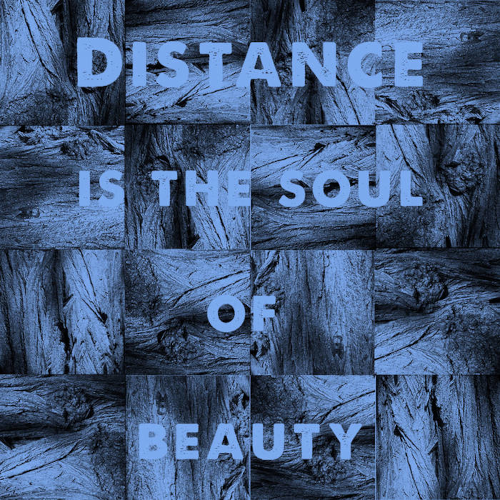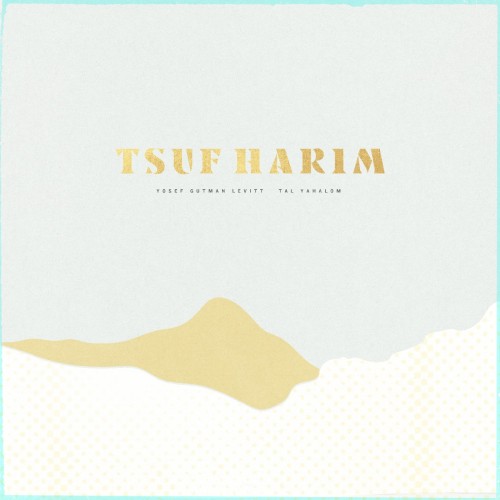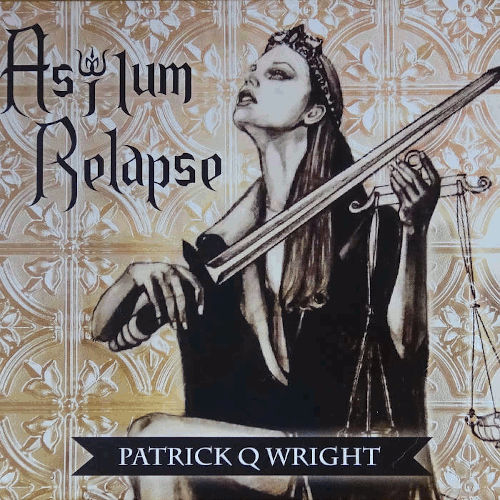Light In The Attic
 The Seventies’ favourite candy-coloured California cowboy, Lee Hazlewood stands alongside the likes of Leonard Cohen and Serge Gainsbourg in his stature (if not physically) as one of those perennially louche raconteurs of the counterculture whose influence has accumulated and expanded over the passing decades. The throaty baritone, the whiskey and tear-stained sheets, the twang and strum of a full-spectrum pop sound which still managed to be imbued with a quintessence of the stories which the American pop-cultural elite (and they were an elite) told to and about themselves and spread across the wing-collared, bead-fringed world until it became the accepted face of what the Seventies meant to the popular imagination.
The Seventies’ favourite candy-coloured California cowboy, Lee Hazlewood stands alongside the likes of Leonard Cohen and Serge Gainsbourg in his stature (if not physically) as one of those perennially louche raconteurs of the counterculture whose influence has accumulated and expanded over the passing decades. The throaty baritone, the whiskey and tear-stained sheets, the twang and strum of a full-spectrum pop sound which still managed to be imbued with a quintessence of the stories which the American pop-cultural elite (and they were an elite) told to and about themselves and spread across the wing-collared, bead-fringed world until it became the accepted face of what the Seventies meant to the popular imagination.
This collection of solos and duets (the latter with
Ann-Margret,
Suzi Jane Hokom and
Nina Lizell) from the latter part of the Sixties and early Seventies showcases songs where the production values of something like “Nobody Like You” – epic wall of sound banalities with a swirling throwaway vibe – reek of the deadening hand of the pop demands of the label – in this case, that of his own
LHI (Lee Hazlewood Industries). But these same corporate suits who held the distribution reins helped Hazlewood give the world some classics – the apparently effortless interior monologues of heartfelt yearning (“If It’s Monday Morning,” “The Night Before”) and snapshots of protest (the hauntingly melancholic “No Train to Stockholm” – with a deceptively simple ambling bassline and the pithily languorous rejection of the draft “I received your invitation to the war/I sent it back, so please don’t send no more”) and the zeitgeist-surfing ironic sketches of a flowerchild “Trouble Maker” – who of course turns out to be none other than a parallel-world Jesus. Often the songs are raunchily full of life (“Sleep In The Grass” and the somewhat
Flake-y soft erotica of “Leather and Lace,” which could easily have appeared on a
Nancy and Lee album) and delivered with such luxuriant conviction that there’s no help for it but
to be swept up on the lush strings and subtle orchestrations, to be seduced by the intimately golden-toned pillow talk, to be brought wholesale into the world of Lee; and that world is invitingly complete.
To be Lee Hazlewood in these songs of love and loss – often loss – is to be a sensitive man who knows his limitations, who is of the world yet wishing it were better, a man who loves the ladies but can’t keep them wholly in his flawed heart. So far so Romantic, and this is exactly where Hazlewood’s lineage lies, in the tradition of Shelley and even the dark heart of Beaudelaire – though withal, among the occasionally clopping along descriptions of heartache and self-inflicted loss, Lee sounds (and looks, judging from the self-deprecatingly ridiculous cover) like he’s having, if not a ball, then a life lead with barely a dull moment.
-Antron S Meister-
 The Seventies’ favourite candy-coloured California cowboy, Lee Hazlewood stands alongside the likes of Leonard Cohen and Serge Gainsbourg in his stature (if not physically) as one of those perennially louche raconteurs of the counterculture whose influence has accumulated and expanded over the passing decades. The throaty baritone, the whiskey and tear-stained sheets, the twang and strum of a full-spectrum pop sound which still managed to be imbued with a quintessence of the stories which the American pop-cultural elite (and they were an elite) told to and about themselves and spread across the wing-collared, bead-fringed world until it became the accepted face of what the Seventies meant to the popular imagination.
The Seventies’ favourite candy-coloured California cowboy, Lee Hazlewood stands alongside the likes of Leonard Cohen and Serge Gainsbourg in his stature (if not physically) as one of those perennially louche raconteurs of the counterculture whose influence has accumulated and expanded over the passing decades. The throaty baritone, the whiskey and tear-stained sheets, the twang and strum of a full-spectrum pop sound which still managed to be imbued with a quintessence of the stories which the American pop-cultural elite (and they were an elite) told to and about themselves and spread across the wing-collared, bead-fringed world until it became the accepted face of what the Seventies meant to the popular imagination.


